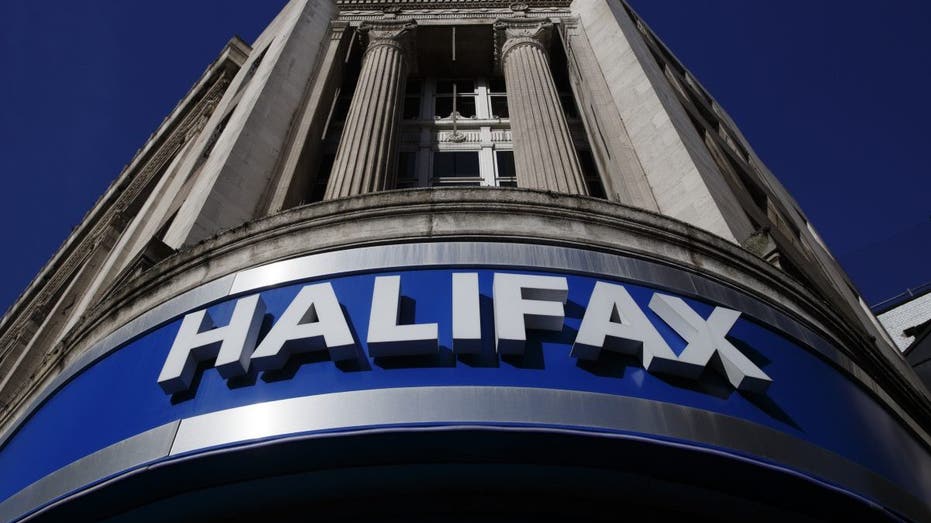UK bank issues pronoun nametags, tells customers who do not approve to close their account
Halifax Bank tells customers unhappy with the decision to close their accounts
A bank in the United Kingdom has told its customers if they have a problem with pronoun nametags, they should close their account and bank elsewhere.
Halifax Bank rolled out a prominent and active Pride Month campaign this year, sharing photos of employees with various sexual identity flags and testimonies of LGBT employees.
The bank proudly shared a photo of nametags available to Halifax employees that boasts the wearer's preferred pronouns. When the photo was mocked online, Halifax doubled down and brushed off complaints.
"We strive for inclusion, equality and quite simply, in doing what’s right. If you disagree with our values, you’re welcome to close your account," a social media Halifax spokesperson identified as "Andy" said.
RUSSIA-UKRAINE WAR WILL IMPACT FISH AND CHIP PRICES ACROSS UK
Other spokespeople on the Halifax account were less forceful, instead explaining the brand values that led them to create the pronoun nametags.

Signage outside a Halifax bank branch in London, Oct. 22, 2021. (Luke MacGregor/Bloomberg via Getty Images / Getty Images)
FOUR LARGE US BANKS INCREASE DIVIDENDS FOLLOWING ANNUAL STRESS TESTS
"We want to create a safe and accepting environment that opens the conversation around gender identity," another post stated. "We care about our customers and colleagues individual preferences. For us, it’s a very simple solution to accidental misgendering."
CLICK HERE TO READ MORE ON FOX BUSINESS
Additionally, Halifax went on to clarify that the pronoun tags were optional, and not required by the company.
GET FOX BUSINESS ON THE GO BY CLICKING HERE
Halifax wrote, "Adding pronouns is completely optional. We're offering our colleagues the choice because we understand how important it is to create a safe and accepting environment that normalises the conversation around gender identity."




















